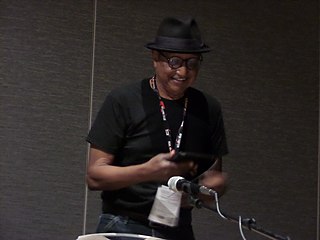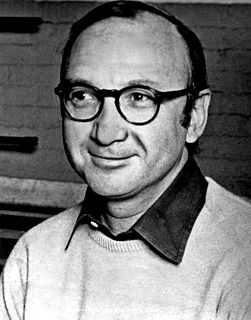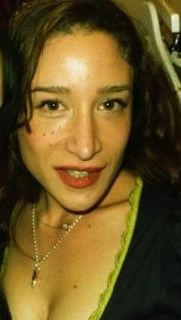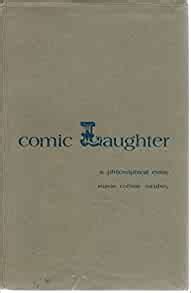A Quote by Tom Stoppard
In Chekhov, everything blends into its opposite, just fractionally, and this is sort of unsettling. And that's why you end up 100 years later asking, 'Is that moment tragic or comic?'
Related Quotes
What is there to understand? The significance of life? How long will it take to understand the significance and the meaning of life? 20 years? 30 years? And the same question will be here in another 20 years, I guarantee you. Until you stop asking that question. When that question is not there, you are there. So that's the reason why you keep asking the question: you do not want the question to come to an end. When that comes to an end, there will not be anybody, left there, to find out the meaning, the purpose and the significance of life.
We have to have a vision of the world we want to make in 100 years. And maybe when we have that vision, when we convince enough people that that is a realistic vision, and that the opposite vision is basically that if we don't do something in this 100 years, a hundred years from now this world is gonna be so destroyed, so raped and ravished that we won't HAVE much of a world to save.



































